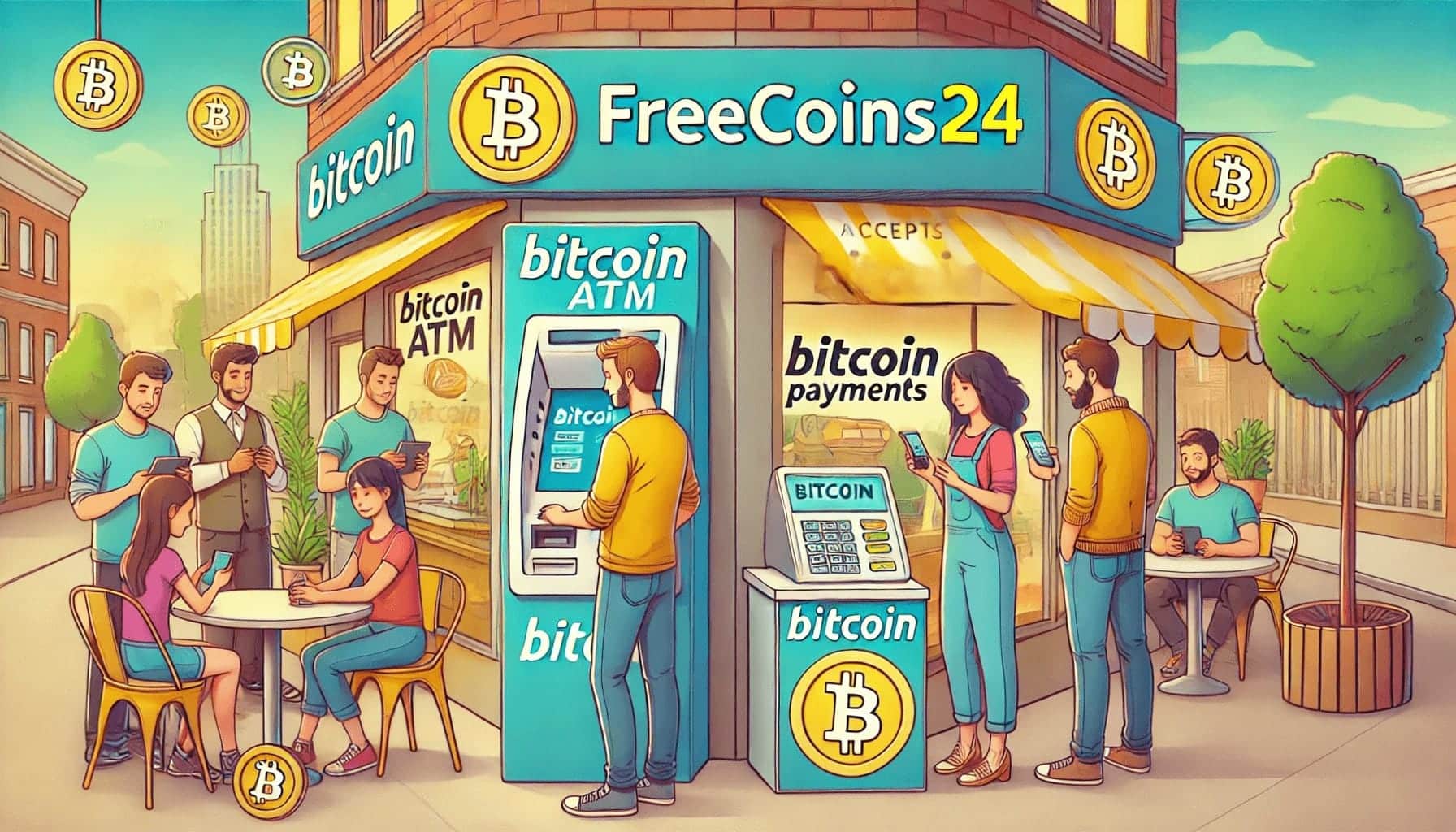What is Bitcoin? Understanding the Basics
Bitcoin, often hailed as the pioneer of digital currencies, has been making waves since its creation in 2009. But what exactly is Bitcoin, and why is it so significant in today’s financial world?
The Birth of Bitcoin
Bitcoin was invented by an anonymous figure (or group) known as Satoshi Nakamoto. Unlike traditional currencies issued by governments and central banks, Bitcoin operates on a decentralized network of computers using blockchain technology. This innovation ensures transparency, security, and immutability, setting Bitcoin apart from conventional financial systems.

How Bitcoin Works
Bitcoin transactions are verified by network nodes through cryptography and recorded in a public ledger called a blockchain. When you send Bitcoin, your transaction is broadcasted to the network, where miners validate it through complex algorithms. Once validated, the transaction is added to the blockchain, making it permanent and irreversible.
Key Features of Bitcoin:
- Decentralization: No central authority controls Bitcoin. It’s maintained by a network of volunteers (nodes) spread across the globe.
- Limited Supply: Only 21 million Bitcoins will ever exist, making it a deflationary asset.
- Anonymity While transactions are public, the identities of the people behind them are pseudonymous.
- Security: The cryptographic nature of Bitcoin makes it highly secure against fraud and hacking.
Why Bitcoin Matters
Bitcoin’s revolutionary technology provides several advantages over traditional financial systems:
- LowerTransaction Fees: International transfers can be costly through banks. Bitcoin offers a cheaper alternative.
- Financial Inclusion: Anyone with internet access can participate in the Bitcoin network, making financial services more accessible.
- Protection Against Inflation: With a limited supply, Bitcoin is often seen as a hedge against inflation.

Investing in Bitcoin
While Bitcoin’s value can be volatile, many see it as a promising investment. It’s crucial to do thorough research and understand the risks involved. Buying Bitcoin is relatively straightforward. You can purchase it on various exchanges like Binance, store it in digital wallets like MetaMask, TrustWallet and others, and use it for transactions or hold it as an investment.
The Future of Bitcoin
As Bitcoin continues to gain mainstream acceptance, its impact on the global economy could be profound. Financial institutions are beginning to adopt blockchain technology, and governments are exploring regulatory frameworks to integrate cryptocurrencies into the traditional financial system.
Bitcoin is more than just digital money; it’s a groundbreaking technology that challenges our understanding of currency and finance. Whether you’re looking to invest or simply curious about the world of cryptocurrency, understanding Bitcoin is an essential first step.
















